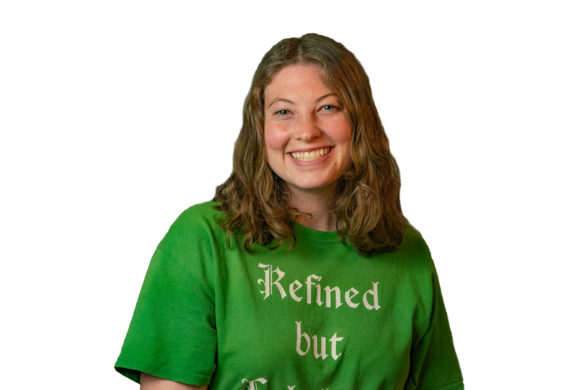The 2012 presidential race was the first time politics was on my radar. Growing up in a particularly conservative Christian portion of the Bible Belt meant that everyone agreed with each other, and I was expected to follow suit. Of course, no one cared to hear a young teenager’s opinions on political reform, and so I listened.
I was familiar with anger but had never seen it so ubiquitous. People didn’t just disagree with President Obama, they were angry at him. As the election continued, I felt more uneasy about the state of my nation. I began to fear what would happen to me if President Obama won a second term; people around me seemed so distrustful of him. After he won, discontent sat heavily in our household for a short time before washing away with the tide of the mundane.
When I voted for the first time in the 2016 presidential election, my decision was agonizing. The same fear present in the 2012 election reemerged four years later, and it was difficult to sift out the truth. I decided to devote my time to researching why American politics were so negative and why scare-tactics were so prolific.
Fear-mongering is a strategy often used by politicians to instill disquiet in the voting populace regarding anything noteworthy a person, a policy, and organization. It convinces people that things are the worst they’ve ever been that if things don’t go right, there could be apocalyptic results.
The Washington Post released an article in 2014 tackling the idea that each election cycle is the worst we’ve ever seen. Apparently, each election cycle has been proclaimed to be the ‘most negative’ in history since early in the 20th century. According to Forbes, after Thomas Jefferson defeated incumbent John Adams in the election of 1800, the two didn’t speak for two years. The sheer amount of slander coloring the campaign process drove the men apart. Negative campaigning has been a common and popular tactic since nearly the beginning of politics, due to the fact that it is usually successful. Voters are more likely to remember negative statements than positive ones.
There is a psychological aspect to politics that requires the voters to believe that change needs to happen and to do this some sort of disaster must be made imminent. Chaos is useful to people seeking power. It is disorienting, and it forces people to rely on heroes or at least on people that can present themselves as one. This ensures a doomsday politics scenario in which people are encouraged to groom uninformed and inflammatory opinions to stoke their fears, in the hope that they’ll vote based on emotion, not fact.
Perhaps most disturbing are the interminable impacts of fear-based political thought. Vitriol spins so swiftly that irrational hatred and panic are normalized. This robs a nation of a healthy voting process. Instead, our thoughts are polluted by engineered anxiety; our choices are poisoned by the possibility of catastrophe.
My persistent disbelief in the Armageddon scenario the United States is consistently fed about the world might seem strange to some. But I prefer to believe in a world unmarred by hysteria. I prefer to hope for a world in which 12 year olds aren’t taught by observation to hate or to fear.
As I’ve spoken to friends about this topic over the week, many have told me that they had similar experiences to mine in 2012. A friend recalled students telling her that President Obama was the antichrist (a statement fact-checkers actually refuted due to its popularity). Another told me that she remembered writing in her middle school planner that President Obama’s inauguration date was the ‘worst day in history,’ though she conceded that she had no informed opinions regarding politics at that time.
This perversion of reality hurts people. It exploits trust and concocts a mass delusion in which truth is difficult to determine. It’s difficult to say truth is out there to find because the world seems so muddled in words. But if we decide to identify doomsday politics as manipulation when we see it, we will be a step closer to reason.



